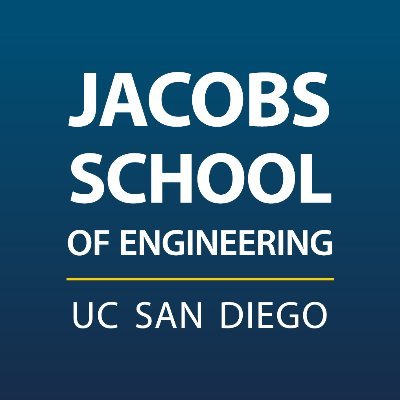News

March 1, 2011
Mutations Found In Human-Induced Pluripotent Stem Cells
Ordinary human cells reprogrammed as induced pluripotent stem cells (hiPSCs) may ultimately revolutionize personalized medicine by creating new and diverse therapies unique to individual patients, but important and unanswered questions have persisted about the safety of these cells, in particular whether their genetic material is altered during the reprogramming process. Full Story

February 23, 2011
Nanoparticles Increase Survival after Blood Loss
In anadvance that could improve battlefield and trauma care, scientists at University of California San Diego and Albert Einstein College of Medicine of Yeshiva University have used tiny particles called nanoparticles to improve survival after life-threatening blood loss. Nanoparticles containing nitric oxide (NO) were infused into the bloodstream of hamsters, where they helped maintain blood circulation and protect vital organs. The research was reported in the February 21 online edition of the journal Resuscitation. Full Story

January 28, 2011
Bioengineers among UC San Diego Researchers Awarded CIRM Grants in Support of Innovative Technologies
The California Institute for Regenerative Medicine (CIRM) has awarded three grants totaling nearly $5.8 million to researchers at the University of California, San Diego – including bioengineering professors Shu Chien and Shyni Varghese -- for development of innovative technologies designed to advance translational stem cell research. Full Story

January 18, 2011
Bioengineers 'Pump' Life Into Post-Heart Attack Therapies
Bioengineers at UC San Diego are one step closer to improving therapies for heart attack victims.A paper recently published in Biomaterials called “Hydrogels with time-dependent material properties enhance cardiomyocyte differentiation in vitro,” describes how the researchers measured the increase in stiffness that occurs in heart muscle as it develops and then mimicked that change in a modified version of a biological material called hyaluronic acid. Full Story

January 13, 2011
Eight UC San Diego Professors Named New AAAS Fellows
Bioengineering professor Bernhard Palsson and NanoEngineering professor Shaochen Chen are the UC San Diego Jacobs School of Engineering professors named AAAS Fellows in 2011. Full Story

December 6, 2010
Metabolism Models may Explain Why Alzheimer's Disease Kills Some Neuron Types First
Bioengineers from the University of California, San Diego developed an explanation for why some types of neurons die sooner than others in the brains of people with Alzheimer’s disease. These insights, published in the journal Nature Biotechnology on November 21, come from detailed models of brain energy metabolism developed in the Department of Bioengineering at the UC San Diego Jacobs School of Engineering. Full Story

November 29, 2010
Genomic Fault Zones Come and Go
The fragile regions in mammalian genomes that are thought to play a key role in evolution go through a "birth and death" process, according to new bioinformatics research performed at the University of California, San Diego. The new work, published in the journal Genome Biology on November 30, could help researchers identify the current fragile regions in the human genome – information that may reveal how the human genome will evolve in the future. Full Story

November 16, 2010
Bioengineers Provide Adult Stem Cells with Friendly Environment: Simultaneous Chemical, Electrical and Mechanical Cues
Bioengineers from the University of California, San Diego have achieved the “Triple Crown” of stem cell culture – they created an artificial environment for stem cells that simultaneously provides the chemical, mechanical and electrical cues necessary for stem cell growth and differentiation. Full Story

November 8, 2010
Bioengineering Major among Four UC San Diego Undergraduates Recognized For Their Stellar Library Research Skills
Bioengineering major J.R. Bachman is among the four undergraduate students at the University of California, San Diego to receive the 2010 Undergraduate Library Research Prize in recognition of their stellar research skills. Full Story

October 21, 2010
How Does Your Blood Go from your Toes to your Heart?
If gravity always pulls things down, how does blood go from your toes to your heart? Bioengineering students from the University of California, San Diego will be busy helping kids discover the answer to this question at the USA Science & Engineering Festival Grand Finale Expo, on October 23 and 24, 2010 on the National Mall in Washington, DC. Full Story
